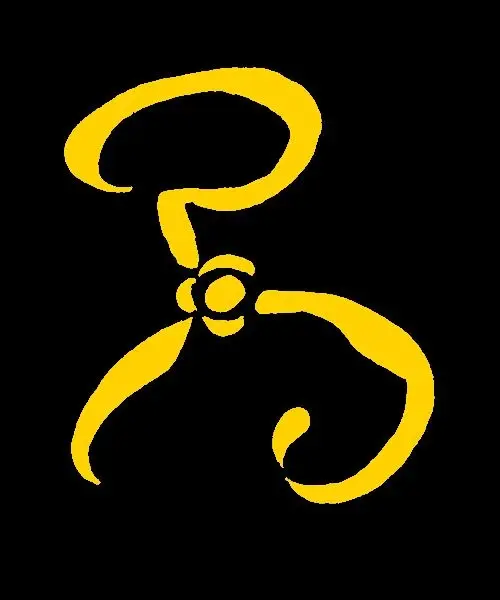Hello Everyone and welcome back to the Dream Cycle Book Club! In this thread we will be discussing the reading assignment for the past week: Celephaïs and Nyarlathotep.
For this week we have two more short stories to read: Ex Oblivione and The Nameless City.
I can’t find much information on when Ex Oblivione was written, though considering it’s publication in the March 1921 edition of The United Amateur, it has been given a writing date in the range of late 1920 to early 1921. It can be found via the Arkham Archivist’s trusty PDF here and in audiobook format here.
The second story for this week, The Nameless City was written in January 1921. Though it is only tangentially related to the Dreamlands, it is fantastic Mythos reading. It can be read in PDF format via the same link above, and can be found as an audiobook here
On a side note: it’s great to see that the community is becoming active.
I need to get caught up on the book club. I sputtered out after week one because of some work commitments and travel. I certainly hope that others in the community will switch from lurk mode to active participants. I sincerely appreciate your time and effort to put these readings together and hopefully in the next week or two I can find the time to get caught up.
Be seeing you!
Thanks for the kind message. Whenever you find the time and you want to discuss any portion of the reading, I’d be happy to jump into the relevant thread and talk about it.
I’m glad to see that the community has grown from the two of us and that we’re seeing more content posted. I make sure to namedrop the community in lit related discussions.
I love Celephaïs. It’s always this story in the cycle in which, for me, the Dreamlands start to take shape. The story reveals a permanence to the world of Dream which is independent from the conscious thought of the dreamer. Another point which becomes important later in the cycle is the fact that the Dreamlands experiences a different passage of time. Indeed, ones experience of time in the Dreamlands can vary wildly depending on their locale. We saw this also in The White Ship; the lighthouse keeper spent many aeons in the lands of Sona-Nyl, where there is neither time nor space.
Celephaïs is also a very tragic story. Though often Lovecraft’s characters are nameless, something particular struck me about Kuranes’ dream-name being revealed in the first sentence while we never learn his name in the waking world. Kuranes drives himself to ruin in the waking world in order to experience longer visits to his dream city of Celephaïs. Ultimately, Kuranes makes a permanent journey to the Dreamlands. In the waking world the unnamed broken body of a “tramp” is abused by the sea, a stones throw from Kuranes’ ancestral home.
Nyarlathotep… The Crawling Chaos…
After Cthulhu, Nyarlathotep is the most famous of Lovecraft’s entities. In this prose poem he is named as the “soul” of the Outer Gods. To many, the notion of an Outer God who consciously takes a role in tormenting mankind is far more chilling than the blind gods at the centre of the universe, ignorant of mankind yet unfathomably powerful.
This is my favourite poem of Lovecraft. Nyarlathotep does not push mankind to maddening nightmare through means some would consider typical of Lovecraft: tentacles and titanic monsters. Nyarlathotep appears to his audiences as a Pharaoh of Ancient Egypt. Furthermore, he uses manufactured devices and the sciences to drive entire audiences to wailing madness.
I am reminded of the opening paragraph to The Call of Cthulhu: “The sciences, each straining in its own direction, have hitherto harmed us little; but some day the piecing together of dissociated knowledge will open up such terrifying vistas of reality, and of our frightful position thereiin, that we shall either go mad from the revelation or flee from the deadly light into the peace and safety of a new dark age.” To me, this is the true horror of Nyarlathotep. Nyarlathotep is a god that knows humanity, our scientific process, and our place in this universe. He employs our own methods of understanding the universe to reveal a deeper, more horrifying truth to his audiences; a truth that leads to pandemic levels of nightmare and mass suicide.
Nyarlathotep is far and away my favourite Lovecraftian entity.


